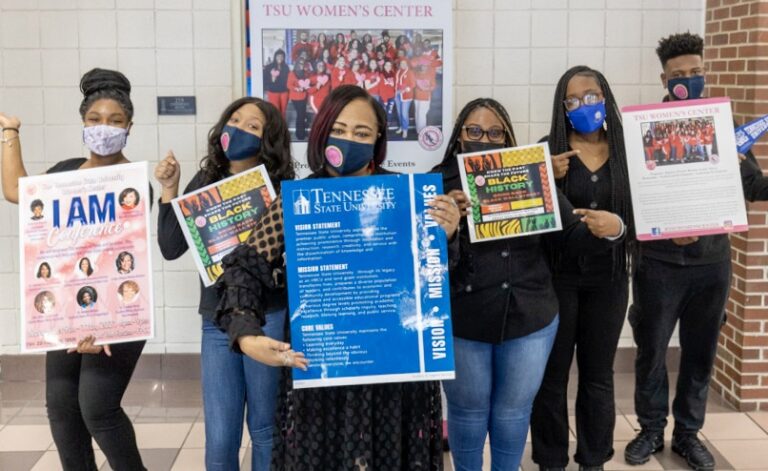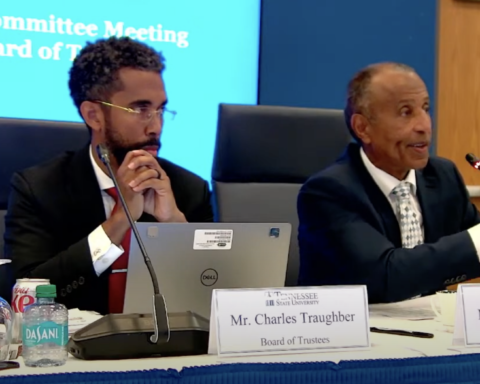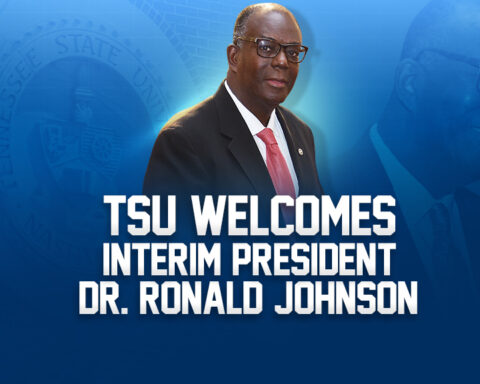By Emmanuel Freeman
A group of Tennessee State University students, along with the Women’s Center, hosted a financial literacy workshop on Feb. 15 to provide awareness and empower their peers.
Titled “Bring Back Black Wall Street,” the workshop draws from the 2020 movie “Black Wall Street Burning,” that chronicles the 1921 Memorial Day massacre of Black people and the burning of the once thriving section of Tulsa, Oklahoma, referred to as Black Wall Street.
The students said the workshop is about knowing the past, shaping the future, and holding a conversation about empowering Black people to understand true financial wealth they can build upon.
“’Bring Back Black Wall Street’ is a conscious conversation that talks about the hard-hitting issue of building wealth within our Black community and how we can actively make a change,” said Gabrielle Mosby, a freshman business major from Memphis, Tennessee, who is one of the organizers of the event.
According to recent statistics, African Americans account for 13 percent of the U.S. population with significant impact on the economy, yet they lag in financial well-being when compared to other groups.
Seanne Wilson, director of the Women’s Center, said the workshop is one of the many programs the center provides to empower young women, as well as young men, to think about how they spend their money.
“As we were discussing Black history and what should be one of our focus areas for the month, financial literacy jumped out,” said Wilson. “I wish when I was in college, someone had talked to me about wealth management, saving money, and not spending unwisely. So, now I want to be proactive and help them understand the value of money and not be reckless in spending it.”
Titled “Bring Back Black Wall Street,” the workshop draws from the 2020 movie “Black Wall Street Burning,” that chronicles the 1921 Memorial Day massacre of Black people and the burning of the once thriving section of Tulsa, Oklahoma, referred to as Black Wall Street.
The students said the workshop is about knowing the past, shaping the future, and holding a conversation about empowering Black people to understand true financial wealth they can build upon.
“’Bring Back Black Wall Street’ is a conscious conversation that talks about the hard-hitting issue of building wealth within our Black community and how we can actively make a change,” said Gabrielle Mosby, a freshman business major from Memphis, Tennessee, who is one of the organizers of the event.
According to recent statistics, African Americans account for 13 percent of the U.S. population with significant impact on the economy, yet they lag in financial well-being when compared to other groups.
Seanne Wilson, director of the Women’s Center, said the workshop is one of the many programs the center provides to empower young women, as well as young men, to think about how they spend their money.
“As we were discussing Black history and what should be one of our focus areas for the month, financial literacy jumped out,” said Wilson. “I wish when I was in college, someone had talked to me about wealth management, saving money, and not spending unwisely. So, now I want to be proactive and help them understand the value of money and not be reckless in spending it.”





